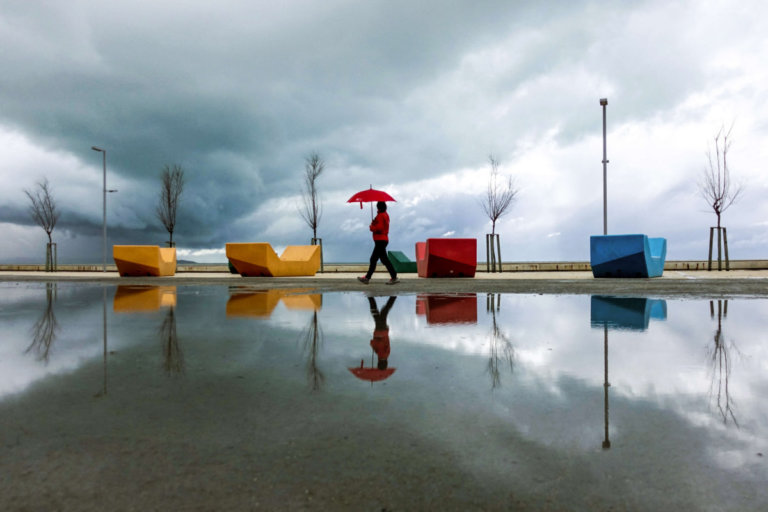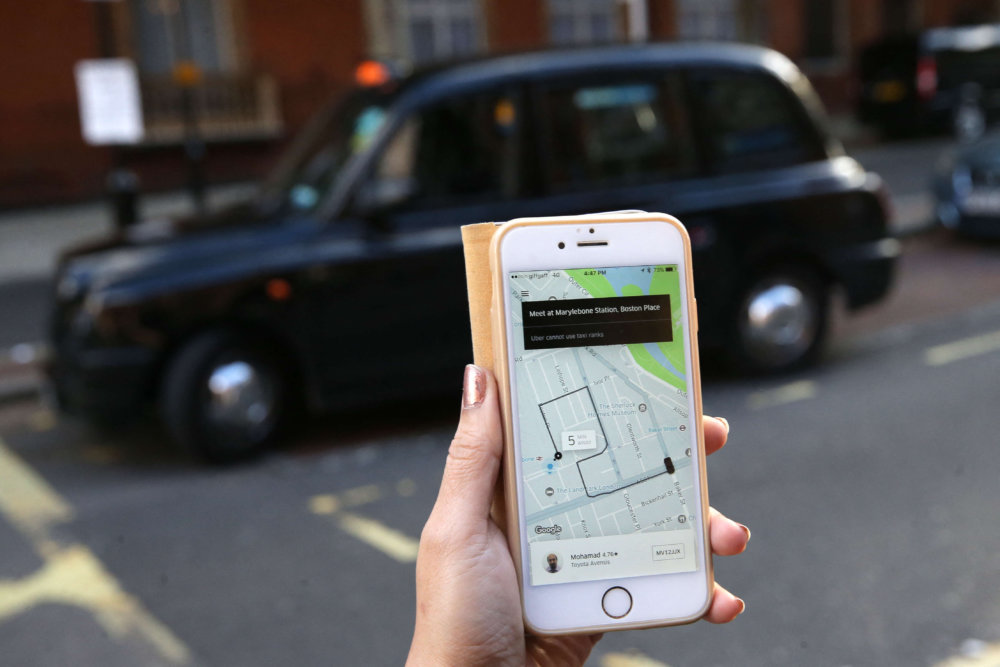
Going abroad to study on your own can be daunting — more so for young women who are often seen as easy targets by criminals. In light of this, safety tips shouldn’t be an afterthought; instead, it’s something that you should practice daily to ensure your wellbeing. So while women are encouraged to chase their dreams, there are still inequalities that place them in a vulnerable position.
In the UK, one in seven women experiences serious physical or sexual assault during their time as a student. It could happen at any time, be it at a party or while walking home at night. It could happen with someone you know, or with a complete stranger. Despite that, it should not stop you from living your life as an international student. The best thing you can do is protect yourself — here are some safety tips to help:
Arm yourself reasonably
Personal protection kits containing blades, pepper spray, and tactical flashlights can come in handy in emergency situations, but you must first learn how to use them properly. A switchblade, for example, is only useful if you know how and where to weaponise it — otherwise, it could also pose a danger to you. Pepper sprays and tactical flashlights are more easily used to throw off attackers while you escape.
Stay alert when driving
Whether you’re walking or driving, travelling at night calls for heightened awareness. In moments where you’ll be alone, and that’s when the additional safety tips kick in. Carrying a bag? Don’t leave it on the passenger seat. Parking? Choose a crowded, well-lit spot. Avoid pulling up on dark, deserted roads to help strangers, or placing yourself in similar situations.

When travelling in a Uber, share your ride details with someone you trust. Source: Daniel Leal-Olivas/AFP
Share ride details
There are risks to travelling alone, so minimise them whenever possible. This includes updating a family member or friend on your journey, including details of where you’re going and how you’re getting there. If you’re using a ride-hailing service, share your journey so they can track it. If it’s a taxi, share your route. You should only use registered drivers to ensure accountability; don’t hesitate to call someone you trust if anything suspicious arises.
Get a safety app
Apps such as WalkSafe and Hollie Guard have multiple useful features that coordinate measures to keep you safe. WalkSafe has reportedly been downloaded 1,000 times every 10 minutes since the murder of Londoner Sarah Everard, who went missing while walking home from a friend’s house on March 3, 2021. The app’s safety features include HomeSafe (which notifies a contact if you don’t complete your journey in the estimated time) and TapSafe (which allows you to notify several contacts at once if you are worried about your safety).
Post responsibly
Checking in your current location on social media can be tempting, but consider what information you’re giving out whenever you post. Avoid discussing details of your plans where they can be easily seen by others — especially if your profiles are public. Save your photos for #latergram and enjoy your time out responsibly without exposing your current location to criminals.
Besides practising these safety tips, it also helps to get to know the area you are studying and living in. By getting to know your community, you’re better prepared to know where to look for help and who to reach out to in the event you feel your physical safety is threatened. Keep emergency contact numbers with you at all times, including numbers for the police and loved ones.










